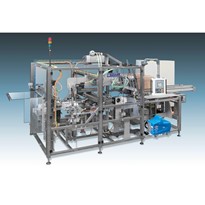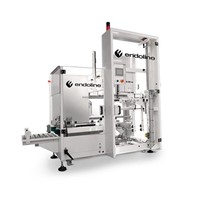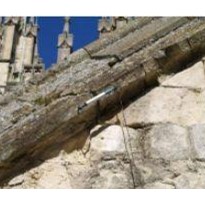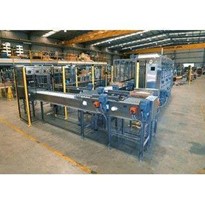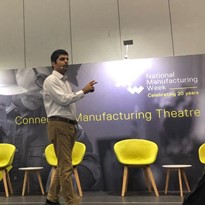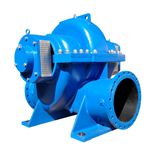Detroit people said it needed a rebuild at $14,000. He started using
and
. Now 400,000 km later, the truck is still running better than ever and no oil consumption. His Caterpillar engines are also running better, and the oil in them stays very clean right to the change interval.
MAN V10 Diesel (fishing)
Tim Downie runs a live trout fishing boat. He's been running
in the fuel for several years, doing exactly the same run each trip. He reports that the fuel use on his main engine (MAN V10 naturally aspirated) has dropped from 1500L per trip to 1250-1300L per trip, saving 200-250L a trip! He noted that fuel efficiency kept improving, and was optimized after 800-900 hrs use. This indicates that the decarbonizing effect had made an important contribution to overall efficiency.
Mack 454 Truck and Trailer
Doing local tipper work. Owner reports engine runs better and sounds crisper. Fuel consumption improved from 1.7km/L to 1.9km/L (11.7 per cent). Also reports better economy in 5L Commodore V8.
Volvo FH12 (1.5 million kms). Runs Brisbane to Perth and carries 2000L diesel in 4 tanks.It always ran short of fuel before reaching Perth. On
, it now arrives with about 250L diesel left in the front tanks.Central Highlands Carrying Co.
Denning Coach fitted with 6V92 Turbo Detroit Diesel. Since being rebuilt 6-7 months ago, it always ran cool, and as a result glazed and carboned up, with a high oil consumption problem. Chem Tech product "Super Tech" did not address the problem, so
was tried. Oil consumption on the Mt Bulla, South Australia and return to Melbourne trip was reduced to zero. Fuel consumption is still being assessed, but the normal range is 1100-1200km per tank. (Initial results showed 800km at half a tank.)
Lighting Plant at Mining Operation. These diesel powered lighting plant were overpowered, and as a result of the light loadings, excessive carbon build necessitated rebuilds at a very early 700 hr intervals. After introducing FTC, existing carbon was burnt off, and the engines remained carbon free, thus eliminating the early rebuilds.
For more information, contact Cost Effective Maintenance



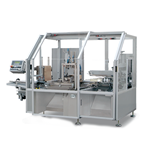
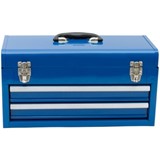
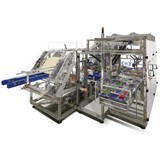
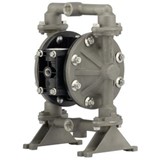

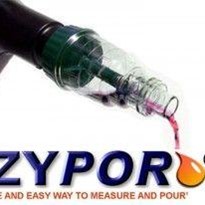
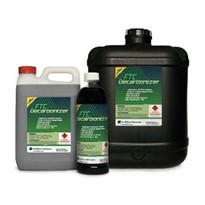
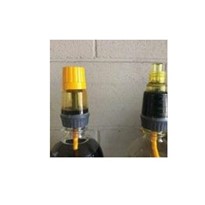
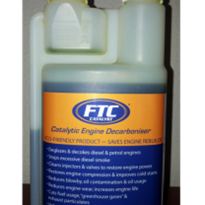
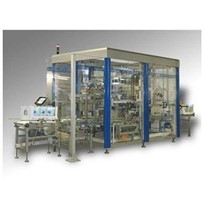
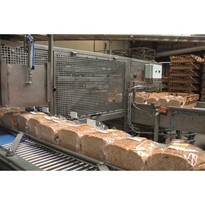
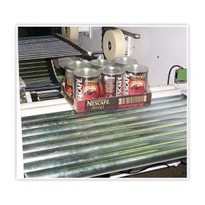
-205x205.jpg)
